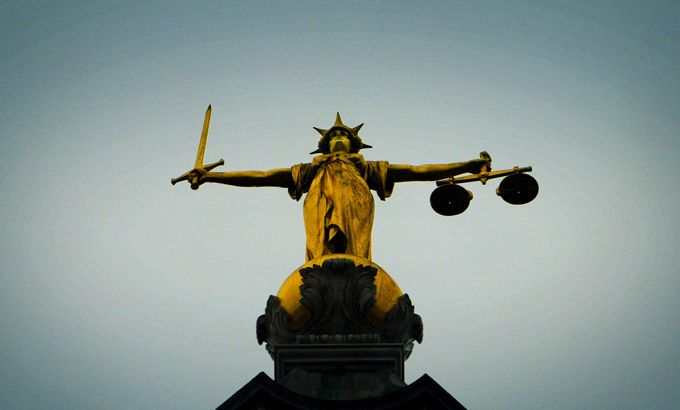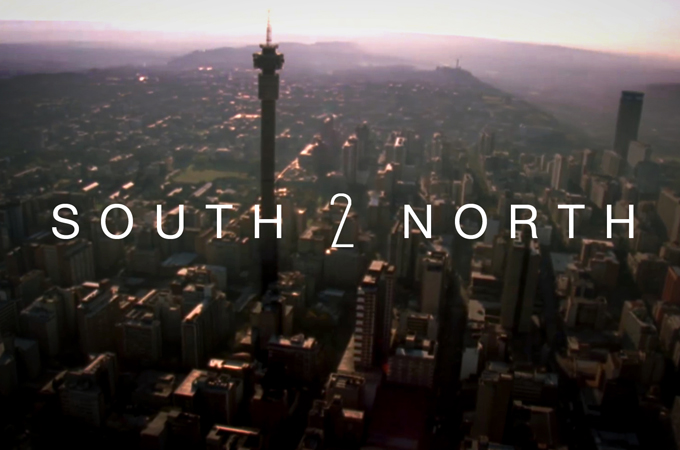
Hunting for justice
When national rule of law breaks down, who steps in to right the wrongs committed by the perpetrators?
| No subject is off limits – Redi Tlhabi talks frankly to inspiring and intriguing personalities from across the world. |
Throughout history and across the world human beings have perpetrated mass atrocities against one another.
Some countries have their own justice systems to deal to with these crimes. But when the rule of law breaks down or war renders laws ineffective, who steps in to right the wrongs committed by the perpetrators?
This week on South2North guests Reed Brody, counsel and spokesperson for Human Rights Watch (HRW) in New York; and Yasmin Sooka, the executive director of the Foundation for Human Rights, discuss their work in the system of transitional justice.
Brody explains how he was inspired by the changes in international law when Chilean dictator Augusto Pinochet was arrested in 1998 in Britain.
“When the British House of Lords upheld Pinochet’s arrest, we realised we had a new tool in international justice to bring to book tyrants and torturers who had seemingly made themselves immune from justice.”
Brody has been working for 14 years on the case of the former dictator of Chad, Hissene Habre. Last month he was indicted for crimes against humanity in a Senegalese special court, and placed in detention.
“I’ve seen the debilitating effect of impunity, of lack of accountability. In a country like Haiti where I have worked a lot, the fact that a small elite has gotten away with plunder and murder for generations has left the poor majority feeling like they have no rights, like they don’t exist.
“We used to have a saying, you kill one person, you go to jail. You kill ten people, they put you in an insane asylum. You kill 10,000 people, you get invited to a peace conference.”
Yasmin Sooka has sat on several truth and reconciliation commissions including South Africa and Sierra Leone. Redi asks if truth-telling as a mechanism equals justice for the victims.
“It’s the start of a process. But it’s a very important part of the process, because it’s not enough for the victim, or a few people to know, but you actually need the rest of the world to know who the people are who did it,” argues Sooka.
Redi asks Brody if we are likely to see a US president tried by an international court.
“I think it is a problem for the system of international justice. Not just the United States but is it likely that Russian leaders will be brought to book for crimes in Chechnya? Or Chinese leaders? These countries have effectively immunised themselves from international justice, or from the ICC at least, by refusing to sign on to the Rome Statute,” explains Brody.
“And of course countries that aren’t a member of the ICC, their leaders can only be brought before the International Criminal Court if there is a Security Council vote, and the United States, Russia, China and the United Kingdom have vetoes on the Security Council.”
Sooka and Brody discuss how they deal emotionally with the atrocities they are confronted with daily, and the cases they are working on currently.
South2North can be seen each week at the following times GMT: Friday: 1930; Saturday: 1430; Sunday: 0430; Monday: 0830. |
